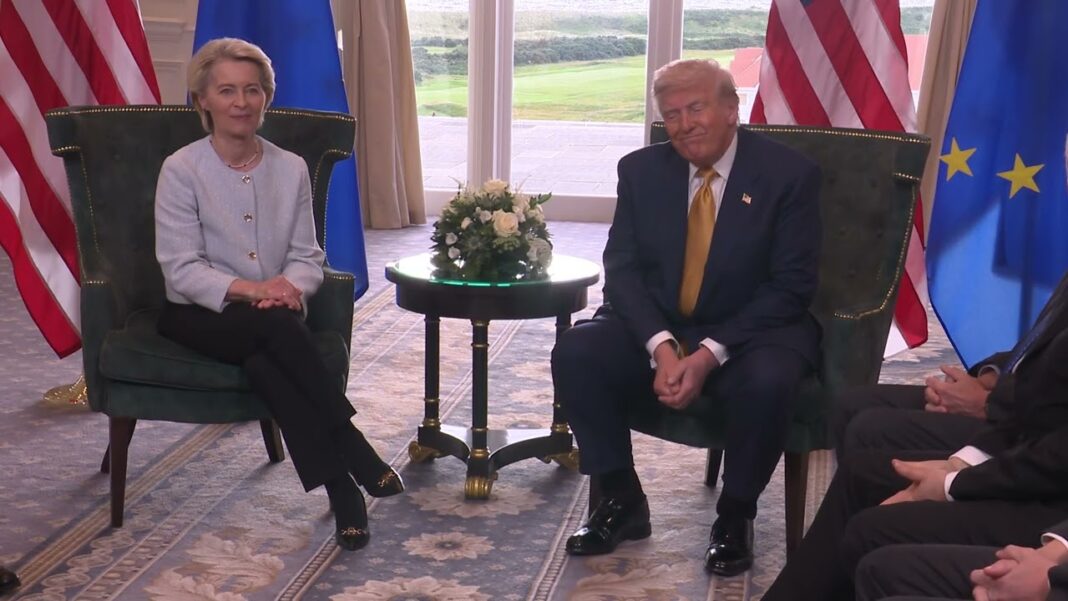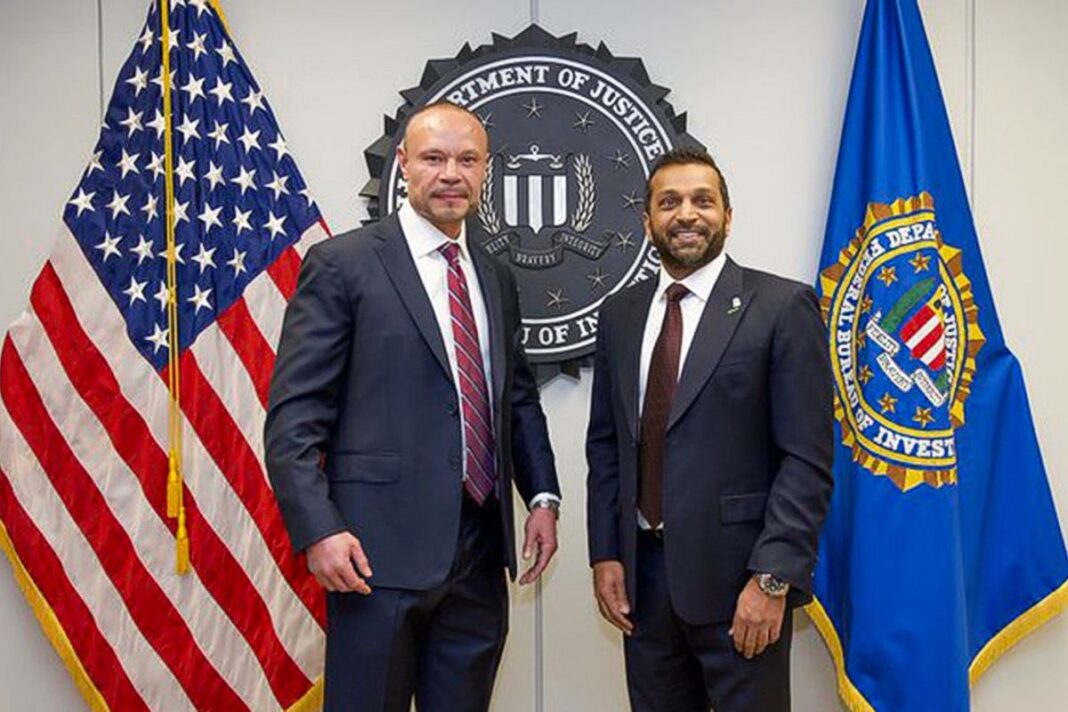More deals are expected with days until the hard trade deadline.
President Donald Trump has announced a growing list of bilateral trade agreements ahead of the Aug. 1 deadline.
So far, the deals unveiled by Trump have opened foreign market access to U.S. products and industries, addressed various nonmonetary trade barriers, and generated investment for U.S. companies.
Trump reiterated the benefits of tariffs, writing in a July 23 Truth Social post that “it would be impossible to get countries to open” without them.
Here are the trade agreements the White House has announced to date.
United Kingdom
Called the Economic Prosperity Deal, the U.S.–UK trade agreement was the first major deal since the president unveiled his sweeping global tariff agenda on April 2.
The reciprocal trade framework, announced on May 8, was described by the president as a “great deal for both countries.”
The main takeaway from the transatlantic arrangement was that the United States will keep its baseline universal 10 percent tariff on British exports. But UK trade officials also negotiated several exemptions.
Once the deal takes effect, the first 100,000 British vehicles exported annually to the United States will be subject to a 10 percent levy. Once British automakers exceed the quota, a 25 percent rate will be applied.
UK steel shipments will enjoy zero percent tariffs, averting the sectoral levy of 25 percent.
Aerospace components imported from the United States will face lower tariff rates.
In exchange, U.S. farmers will benefit from expanded access to the world’s sixth-largest economy, including $250 million in agricultural goods such as beef.
British farmers will be provided with a tariff-free quota of 13,000 metric tons of beef.
The White House also estimates that the United States will export about $700 million worth of tariff-free ethanol.
Agreement provisions will include enhanced cooperation on digital trade, intellectual property, pharmaceutical supply chains, and labor and environmental standards.
Overall, the U.S. Trade Representative’s Office projects that the new agreement will bolster bilateral trade, resulting in up to $5 billion in new U.S. exports for farmers, ranchers, and producers.
At the G7 summit of leading industrialized nations in Canada last month, Trump and UK Prime Minister Keir Starmer finalized the trade agreement.
“It’s a fair deal for both, and it produces a lot of jobs, a lot of income,” Trump said.
“And we have many, many other ones coming. But you see, the level of enthusiasm is very good, but the relationship that we have is fantastic.”
British Airways’ parent company, IAG, has also committed to purchasing planes worth almost $13 billion from the U.S. aerospace giant Boeing.
In 2024, the United States enjoyed a modest $11.9 billion goods trade surplus with the UK.
By Andrew Moran








